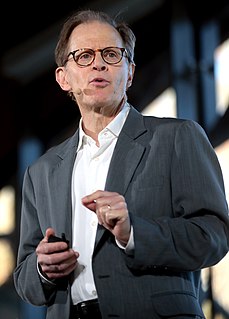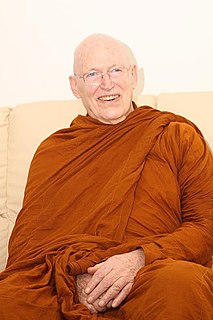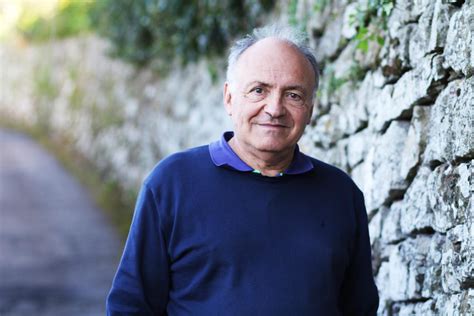A Quote by Daniel J. Siegel
From early infancy, it appears that our ability to regulate emotional states depends upon the experience of feeling that a significant person in our life is simultaneously experiencing a similar state of mind.
Related Quotes
How do we regulate our emotions? The answer is surprisingly simple: by thinking about them. The prefrontal cortex allows each of us to contemplate his or her own mind, a talent psychologists call metacognition. We know when we are angry; every emotional state comes with self-awareness attached, so that an individual can try to figure out why he's feeling what he's feeling. If the particular feeling makes no sense—if the amygdala is simply responding to a loss frame, for example—then it can be discounted. The prefrontal cortex can deliberately choose to ignore the emotional brain.
Our life is composed of events and states of mind. How ewe appraise our life from our deathbed will be predicated not only on what came to us in life but how we lived with it. It will not be simply illness or health, riches or poverty, good luck or bad, which ultimately define whether we believe we have had a good life or not, but the quality of our relationship to these situations: the attitudes of our states of mind. (34)
The empty mind - the pure mind - is not a blank, zero-land, where you're not feeling or caring about anything. It's an effulgence of the mind. It's a brightness that is truly sensitive and accepting. It's an ability to accept life as it is. When we accept life as it is, we can respond appropriately to the way we're experiencing it, rather than just reacting out of fear and aversion.
The purpose of spiritual life is not to create some special state of mind. A state of mind is always temporary. The purpose is to work directly with the most primary elements of our body and our mind, to see the ways we get trapped by our fears, desires, and anger, to learn directly our capacity for freedom.
In trusting, we let ourselves go. We know that all kinds of unexpected events may come our way. Our tension eases, our mind and our hearts open spontaneously to be possibilities. It is an ever new state of mind, in the present moment, because we have detached from all we know. But it is also a feeling as old as can be, because, before all betrayals and all disappointments, there was a time in which trusting another was the very substance of our life.
Chemistry comes about through the transformation of earth, air, fire and water. All chemistry is just movement within those things, and so we experience the joys and the sorrows of hot and cold, and dry and moist, because of these chemical transformations. In a similar way, we create and experience a world of time, space, motion and energy, through our intuitions, our thoughts, our sensing and our feeling.
Our state of mind plays a major role in our day-to-day experiences as well as our physical and mental well-being. If a person has a calm and stable mind, this influences his or her attitude and behavior in relation to others. In other words, if someone remains in a peaceful and tranquil state of mind, external surroundings can cause them only a limited disturbance.
Our parents deserve our honor and respect for giving us life itself. Beyond this they almost always made countless sacrifices as they cared for and nurtured us through our infancy and childhood, provided us with the necessities of life, and nursed us through physical illnesses and the emotional stresses of growing up.

































